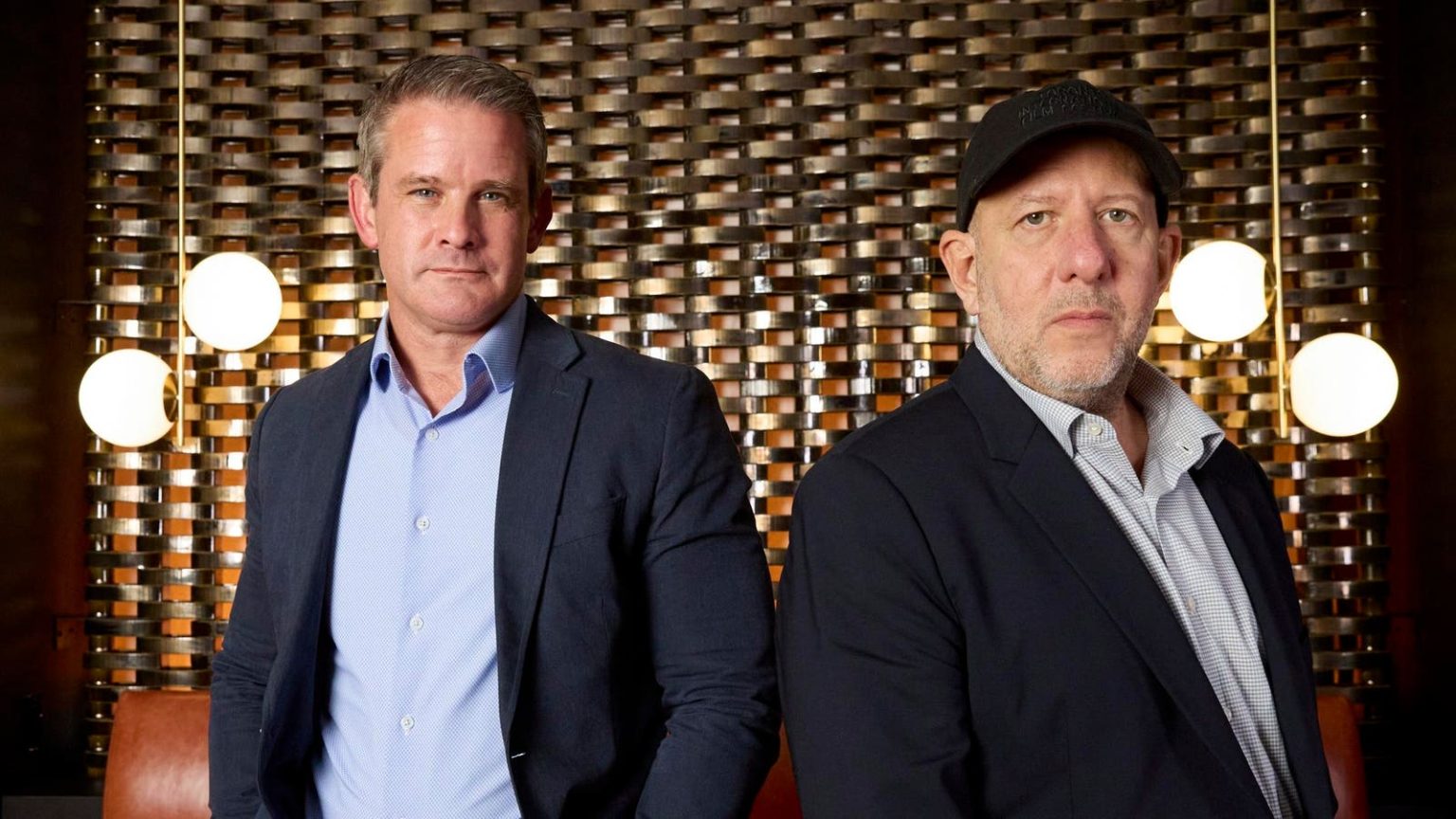Adam Kinzinger’s Cathartic Journey in ‘The Last Republican’
Former Republican congressman Adam Kinzinger, a staunch critic of Donald Trump, found an unexpected source of healing in the documentary "The Last Republican," directed by Steve Pink. Kinzinger’s participation in the film, initially hesitant, proved to be a deeply cathartic experience, allowing him to unpack the emotional toll of his fight against Trump and the January 6th insurrection. He describes a pivotal interview within the film, filmed in his empty office, as more therapeutic than a year of counseling. This candid conversation with Pink unearthed the suppressed trauma and allowed Kinzinger to confront the profound impact of his political battles. The film, premiering in January 2025 after a successful festival run, chronicles Kinzinger’s unwavering commitment to holding Trump accountable and the personal sacrifices he made in doing so.
Bridging Political Divides Through Shared Humor and Cinema
Beyond the serious political subject matter, an unexpected bond formed between Kinzinger and Pink, grounded in a shared appreciation for cinema and a surprisingly similar sense of humor. Kinzinger, a fan of Pink’s "Hot Tub Time Machine," emphasizes the power of comedy to transcend political differences, recalling its unifying effect on diverse audiences. This shared appreciation for humor extended to a mutual love for the 80s action film "Red Dawn," which further solidified their connection. This common ground, rooted in their shared generational experiences and cinematic preferences, fostered a sense of camaraderie amidst the backdrop of intense political division. Pink, reflecting on the surprising connection, notes how laughter can bridge divides and reveal shared humanity, ultimately creating a space for productive dialogue.
A Day of Terror: Contrasting Experiences of January 6th
The documentary delves into the starkly different experiences of Kinzinger and Pink on January 6th. Kinzinger, anticipating violence, carried a gun to the Capitol for the first time, urging his wife and staff to stay home. As the insurrection unfolded, he relied on Twitter for updates, witnessing the escalating chaos with a growing sense of dread. Barricaded in his office, he faced the chilling possibility of having to defend himself against fellow Americans. The experience left a deep scar, likened to the trauma of 9/11. Meanwhile, Pink was on a commercial shoot, witnessing the events unfold on a live feed. Initially disbelieving, he gradually recognized the gravity of the situation, sharing in the collective sense of unease and fear that swept the nation. The film also portrays the terror experienced by Kinzinger’s wife, Sophia, as she watched the unfolding events on a live feed, fearing for her husband’s safety.
The Personal Cost of Political Courage: Family, Friends, and Future Generations
"The Last Republican" explores the personal toll of Kinzinger’s political stance, including fractured relationships with family and friends. While his immediate family remained supportive, understanding the significance of his actions, his extended family and some long-time friends severed ties, expressing disapproval and even hostility. Kinzinger grapples with the pain of these broken bonds, striving to find forgiveness amidst the personal attacks. The film also touches on the challenges of raising a young child in this politically charged environment, with Kinzinger expressing his hope that his son will understand and even be proud of his father’s choices when he reflects on this turbulent period in history. Pink notes the stark contrast between the political divisions and the warm, apolitical welcome he received from Kinzinger’s parents, highlighting their inherent kindness and trust.
Beyond Comedy: Pink’s Foray into Political Documentary
While known for his comedic work, Pink embraces the opportunity to delve into a serious political subject. He acknowledges the surprising trajectory of the film, initially envisioned as a political drama but evolving into an exploration of the need for civil discourse. The comedic banter between Pink and Kinzinger, initially a way to build rapport, became a central element of the film, underscoring the possibility of finding common ground even amidst deep disagreement. Pink’s foray into documentary filmmaking allows him to explore the complexities of political division and the importance of maintaining dialogue in a polarized society. The production company, Media Courthouse Documentary Collective, further demonstrates Pink’s commitment to this genre.
The Future of the GOP: Kinzinger’s Hopes and Concerns
Kinzinger offers a candid assessment of the future of the Republican Party, expressing skepticism about its near-term prospects. He believes that Trumpism, while currently dominant, will eventually fade, echoing the historical trend of waning presidential influence after two terms. However, he worries about the lasting impact of Trump’s divisive rhetoric, particularly on younger generations who have only known this highly polarized political landscape. He suggests that the Democratic Party might offer a more viable path forward, potentially embracing centrist candidates who can appeal to a broader electorate. Ultimately, Kinzinger’s hope lies in a return to a more reasoned and principled form of conservatism, reminiscent of figures like Ronald Reagan or a pre-Iraq War George W. Bush. He emphasizes the importance of reminding people that politics doesn’t have to be defined by the toxic divisiveness of the Trump era.


